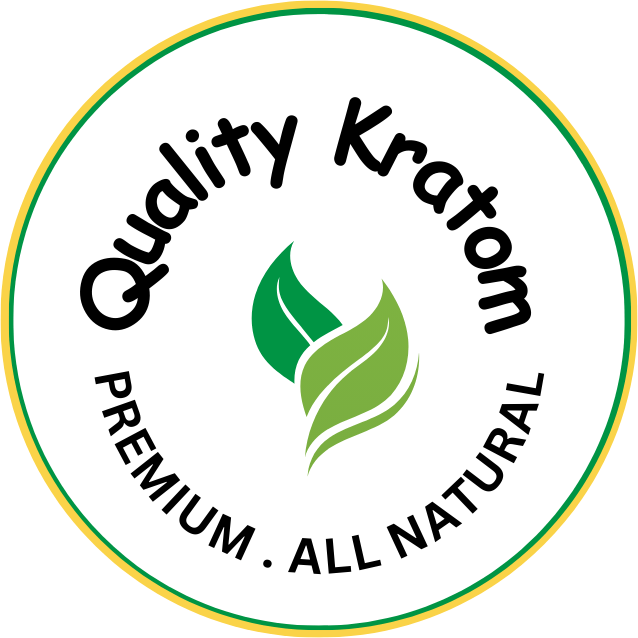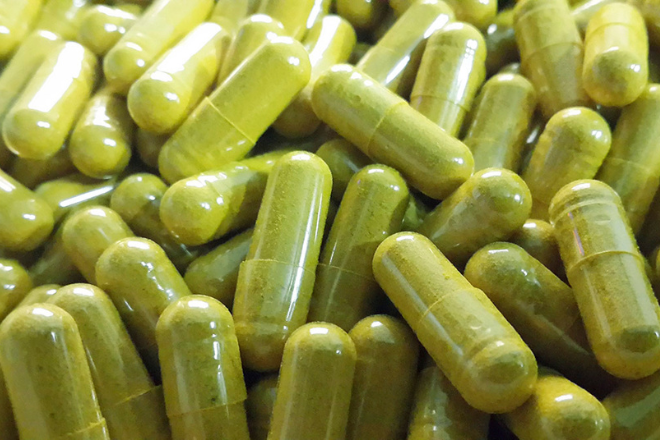Kratom is legal throughout the vast majority of the United States. What’s more, new laws are being passed to protect kratom users and the therapeutic kratom products they enjoy throughout the US.
But that isn’t true everywhere. For example, is kratom legal in Indiana?
The short answer: no, kratom is not legal in Indiana. It was banned in 2014, but a new bill has the potential to make kratom legal and available once more for residents all throughout Indiana.
The History of Indiana Kratom
Indiana is among the six states that have enforced a ban on kratom and kratom products.
In 2014, Indiana’s Senate Bill 305 classified mitragynine and 7-hydroxy mitragynine, key compounds in kratom, as Schedule I Controlled Substances. This classification implies that these substances are susceptible to abuse and lack recognized medical benefits.
Since Indiana has labeled kratom as a Schedule 1 narcotic, it is in the same category as heroin or cocaine, as far as the state is concerned.
The ban remains in place to this day: Even though legislators altered kratom’s categorization to a Schedule I hallucinogenic substance in 2018, this amendment does not impact the legal status of Indiana kratom products.
The Future of Indiana Kratom: Pathway to Legality
Thankfully, there may be some hope for Indiana kratom’s legal future. Indiana representatitve Alan Morrison, has introduced a new bill, HB1500, which could legalize kratom — albeit with some restrictions.
HB 1500 aims to establish regulations for the sale, production, and labeling of kratom. It mandates that manufacturers ensure their products contain no more than 1% of 7-hydroxy mitragynine in their total alkaloid composition. It also prohibits the inclusion of synthetic substances in kratom products.
Additionally, the bill requires vendors to appropriately label their products, including a scannable QR code providing information on product ingredients, batch details, and manufacturer information. As with many other products, if the Senate decides to make kratom legal in Indiana, selling it to a minor would be illegal.
In discussing the bill, Morrison pointed out that people use kratom products in Indiana to boost their energy and ease anxiety, and that it’s not a drug – it’s simply an herbal botanical plant. In February 2023, the bill advanced 53-40 from the House.
All good news for Indiana kratom lovers.
If HB 1500 is passed and signed into law, individuals over 18 years old would be able to purchase kratom in the state without concerns about legal consequences. While the bill offers optimism for kratom advocates, it’s important to note that its fate is uncertain.
The bill is currently under consideration in the Senate, where it faces significant opposition.
Those interested in supporting the legalization of kratom in Indiana can join the American Kratom Association’s Indiana Kratom Protectors Group.
Which States Have Banned Kratom?
Indiana isn’t the only state to have banned kratom. Here are the others, along with a few basics of why they chose to ban this natural botanical.
- Alabama classified kratom’s primary alkaloids, mitragynine, and 7-hydroxy-mitragynine, as Schedule I narcotics in May 2016. This likens kratom to substances like ecstasy and heroin, an unjust misclassification.
- Arkansas banned kratom in February of 2016. In 2017, state medical examiners incorrectly stated that kratom’s alkaloids are derived from opium. It is unlikely we’ll see the Arkansas kratom ban lifted soon.
- Indiana outlawed kratom in 2014 but incorrectly listed the botanical as a synthetic cannabinoid. The legislature later amended their language, classifying kratom as a hallucinogenic substance, another misclassification.
- Rhode Island banned kratom’s alkaloids in 2017. Due to public outcry in other states, Rhode Island’s ban occurred in secret, confusing both residents and law officials. The state will vote on a measure to reverse the ban on September 1st, 2021.
- Vermont banned kratom’s alkaloids in 2016, but they were improperly classified as “synthetic drugs.” In January of 2020, lawmakers filed a bill to decriminalize kratom products, but kratom’s future is still uncertain in the state.
- Wisconsin banned kratom’s alkaloids in 2014, incorrectly associating kratom with both synthetic cannabinoids and hallucinogenic drugs. In 2019, lawmakers held informational meetings with the American Kratom Association (AKA), a step in the right direction.
In addition to these, several states’ counties have imposed local bans. These states include California, Illinois, and New Hampshire.
For the rest of the United States, kratom remains a safe, legal, and accessible option for users to buy kratom at their convenvience and to take control of their health and wellness.



Leave a comment
This site is protected by hCaptcha and the hCaptcha Privacy Policy and Terms of Service apply.